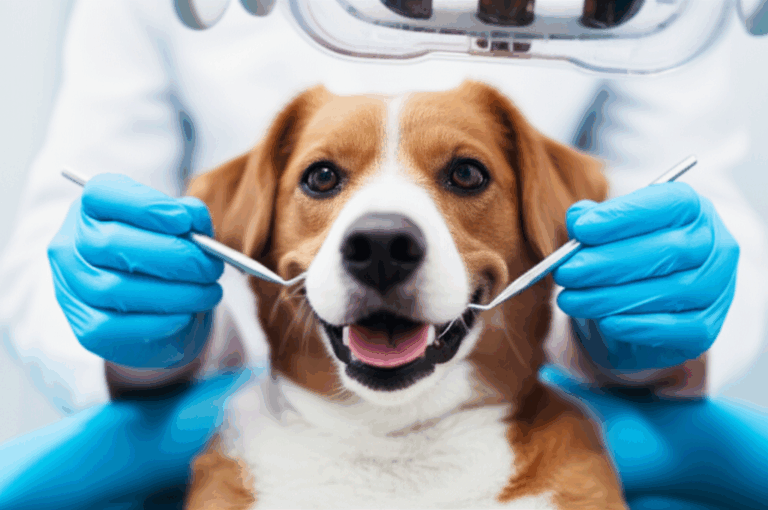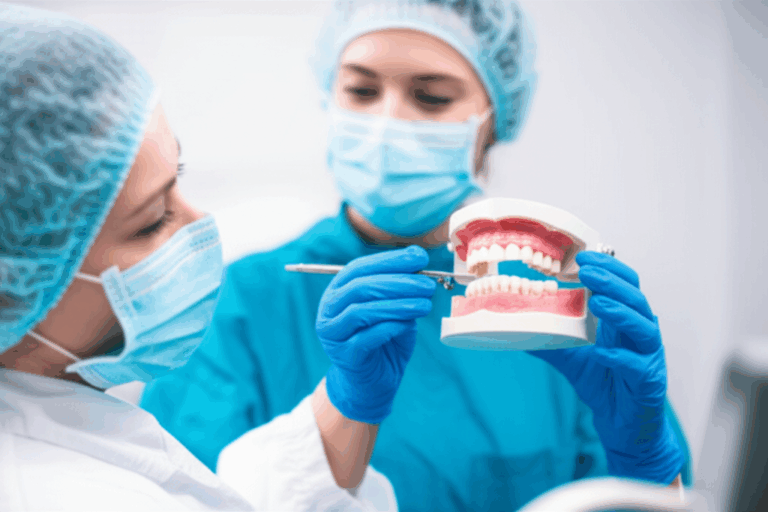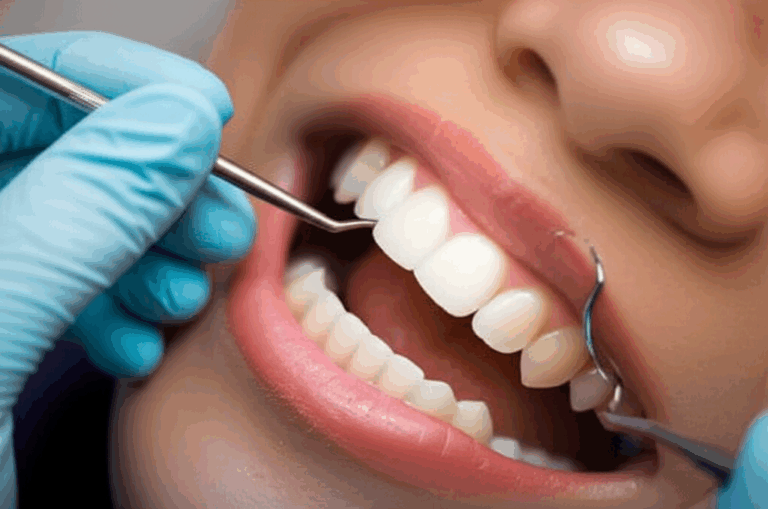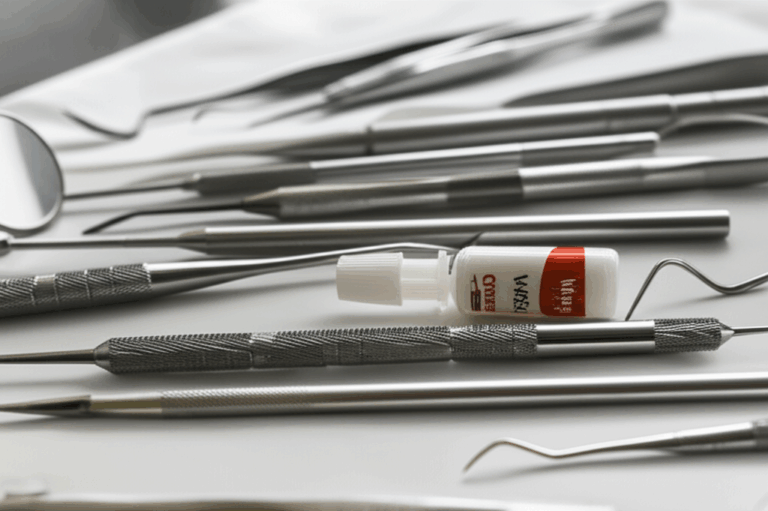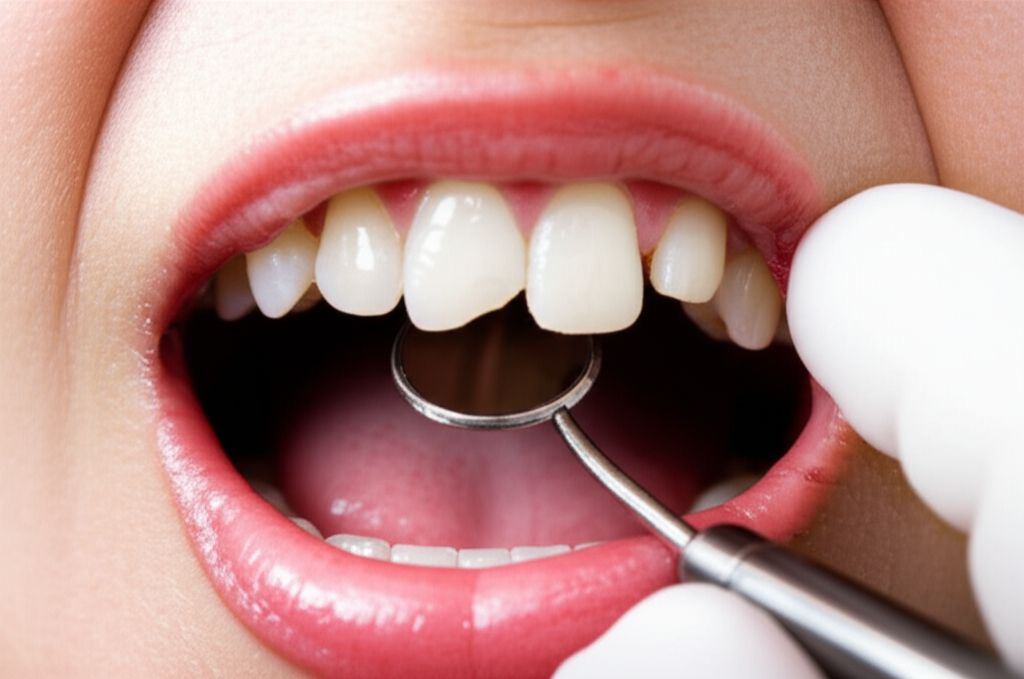
The Importance of Dental Laboratories to Patients
Introduction: My Journey with Dental Labs
When I first started working as a dentist, I had no clue how much dental labs would matter for my patients. In school, we learned about working with lab techs, but honestly, nothing prepared me for how much teamwork, creativity, and even some tough days these partnerships would bring. Here, I want to share what I’ve learned—all the ups and downs—about dental labs, from old-school to super high-tech. This is the kind of advice I wish I had read when I was just starting out.
Table of Contents
Understanding the Role of a Dental Lab
What Happens Inside a Dental Lab?
If you ever wondered what happens after you send off that impression or digital scan, you aren’t alone. At the beginning, I thought dental lab techs just quietly made teeth like shoe elves. I had no idea it was really a mix of art, science, and crazy new tech.
A dental lab doesn’t just “make teeth.” It’s like a second part of my office. Whether it’s a crown, denture, or even fancy veneers, the people in the lab use great hands, sharp eyes, and lots of dental knowledge to make what my patients need. Sometimes they spot things I missed, too.
Types of Dental Labs and Their Specialties
I found out pretty fast that not every dental lab can do everything. Here’s the simple way I see it:
- General Dental Labs: These labs do a bit of everything, from mouth guards to bridges.
- Digital Dental Labs: Use things like 3D scanners and printers. More on my switch to digital soon.
- Dental Ceramics Labs: Make the best-looking crowns, veneers, and inlays.
- Removable Denture Labs: All about full and partial dentures.
- Crown and Bridge Labs: Really know their stuff when it comes to fixed restorations.
- Implant Dental Laboratories: Focus on implant work—accuracy is super important.
- Zirconia and Emax Labs: Use modern ceramic stuff.
- Night Guard and Retainer Labs: These small things help patients a lot.
Knowing each lab’s strong points made working with them a lot easier.
My First Experience with a Digital Dental Lab
Digital Transformation in Dentistry
The first time I worked with a digital dental lab, it felt like I jumped into the future. No more messy impressions or piles of stone models—now I was just sending files online.
For example, after switching to digital impressions for crowns, I got cases back way faster. No more lost cases or broken molds. And my patients were so happy to skip those gross trays. The fit got better too, and redos almost disappeared.
How Digital Labs Improved My Patient Care
One of my early digital cases was a patient who needed a full set of new teeth. With digital, back-and-forth with the lab was super fast and easy. Tweaks happened right away. In the end, the teeth fit better and looked more real than anything I’d given before.
And honestly, everyone is happier when patients get their teeth quicker.
The Fascinating World of Dental Ceramics
Why I Choose Ceramics for My Patients
I was amazed seeing a local dental ceramics lab where a tech built up layers of porcelain by hand, matching all the colors of a real tooth. It felt like magic.
Over time, I started to really like ceramic restorations because they look real, last a long time, and are good for the body. For getting the color just right, a great ceramics lab is the best partner.
Behind the Scenes at a Dental Ceramics Lab
Ceramics labs really have their own way of talking—shade guides, edges, firing ovens. I used to feel out of my depth, but now I like how every tech I’ve worked with is proud of their work and always ready with new ideas or questions I didn’t think about.
Removable Denture Labs: Restoring Smiles, Restoring Confidence
My patients who needed dentures were often nervous or sad about it. The first time I sent a case to a denture lab, the tech asked me about the person’s face, what they hoped for, even what they were like—reminding me it’s about giving someone back a part of their life, not just their teeth.
Crowns, Bridges, and the Expertise Behind Them
Visiting a Crown and Bridge Lab
I got to visit a local crown and bridge lab as part of my education. Watching how everything goes from a computer model to a final shiny crown was eye-opening. Every case isn’t just a thing—they’re a bunch of careful steps and hard work.
What I Learned About Materials and Techniques
A tech told me that some metals work better for some people, and newer ceramics work better for others. I learned to ask better questions instead of always doing what I thought was best without checking.
Veneers: Creating the Perfect Smile
My Experience Working with Artisan Veneer Labs
Veneers always made me a bit worried because patients want perfect results. After working with a good veneer lab, I stopped stressing so much. These folks have special ways to make the teeth look super real. My patients loved their new smiles—and so did I.
Implants and Surgical Precision: The Implant Dental Laboratory
Collaboration and Communication for Success
Implant cases really test how well you can plan. Working with an implant lab showed me that talking a lot from the start—sending over scans, talking about options, fixing hard problems—makes a big difference. Teamwork matters as much as the tools.
The Rise of Zirconia and Emax in Dental Restorations
Zirconia: The Game Changer
When I started using stuff from a zirconia lab, things changed. Now I could offer bridges and crowns with no metal, and they were still super tough. Patients liked how they looked, and I saw fewer problems with allergies and breaks.
Emax: Strength Meets Beauty
The same goes for Emax. When I wanted something strong but also really nice-looking, I picked Emax. Now, when a patient wants great looks that also last, I trust this approach.
Technological Advances: 3D Printing and Full-Arch Labs
3D Dental Labs: Speed and Precision
The first time I saw a 3D printer, I was shocked. With a 3D dental lab, things like splints and models go from computer screens to real life super quickly. Now I can get same-day temporary teeth and handle big cases faster than before.
Full-Arch Restorations: My Approach
For patients who need a whole new set of teeth, full-arch solutions are life-changing. Working with a good arch lab taught me to notice the little things: how the teeth come together, how the smile looks, how lips are supported. A full-mouth makeover isn’t just chewing—it’s confidence.
Night Guards and Retainers: Small Appliances, Big Impact
Night Guard Dental Labs
I was surprised by how many headaches and sore jaws got better when I started giving the right night guards. With a good night guard lab, I trust the fit every time. My patients sleep better, and I get thank-yous.
Dental Labs for Retainers
After braces, retainers matter a lot. I’ve watched what happens with cheap mail-in options—bad fit, broken fast, unhappy patients. That’s why I always go with a real lab for retainers. It’s worth it in the long run.
Finding and Choosing the Right Dental Lab Partner
The Three Qualities I Look For
Picking a new lab sometimes feels like a weird kind of speed dating. Here’s what matters to me:
Building Trust and Long-Term Relationships
Trust doesn’t happen overnight. Over time, I learned that being honest—on both sides—matters more than anything. If a case isn’t perfect, I want to know so we can get better. My favorite labs feel like part of my team.
Navigating Challenges with Labs: Lessons Learned
Communication and Expectations
I admit, I made plenty of goofs. At first, I’d send a case with almost no details, then get upset when it wasn’t right. Now, I know I have to send lots of info: photos, bite records, even silly drawings if it helps.
Quality Control and Problem Solving
No lab is perfect. When problems come up—and they will—I try not to blame. Instead, I use it as a chance to get better and learn. Working together is the key.
Final Thoughts: How the Right Lab Changed My Practice
Looking back, it’s clear to me: teaming up with the right dental lab was one of the smartest choices I’ve ever made. My work fits better, my patients are happier, and I worry less at night because I know I’m doing my best for them. If you’re just starting out, or feeling stuck, don’t give up. The right lab is out there—and when you find them, good things happen.
Frequently Asked Questions
How do I pick the best dental lab for my office?
Start with suggestions from others, then look for labs that are steady, easy to talk to, and ready to help you solve any bumps in the road.
Do digital dental labs really fit better?
For me, yes. Things fit better, I talk to the lab more easily, and cases are faster.
Is zirconia or Emax worth it?
For most situations, yes. They look natural and last a long time. Talk with your lab and your patient.
Does talking to the lab help fix tough cases?
That’s the secret. The more you talk, the better things go. Don’t be afraid to say too much!
What mistakes should I try to avoid with dental labs?
Don’t send incomplete info, forget patient details, or keep quiet if you aren’t happy. Treat your lab like a teammate, and you’ll both win.
By sharing my story, I hope dental labs seem a little less confusing and a lot more helpful. If you want to learn more, check out a resource like china dental lab. Good luck with your own dental adventures!

